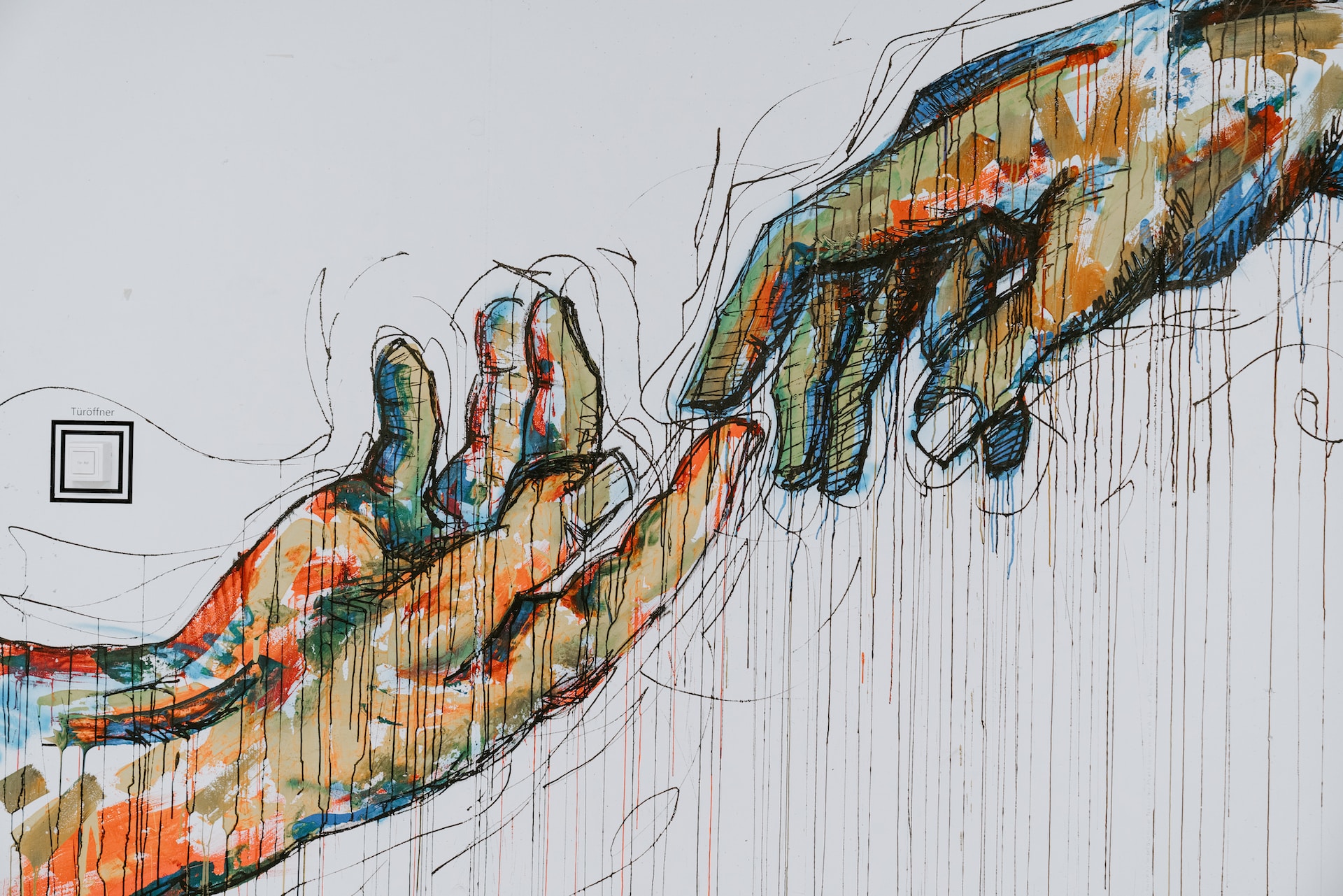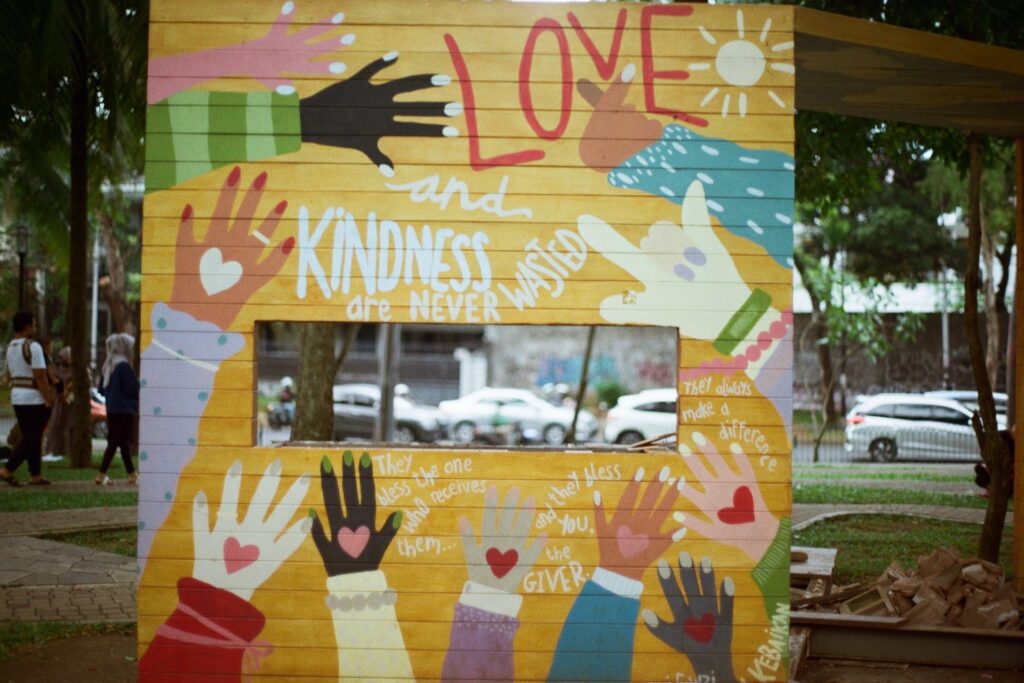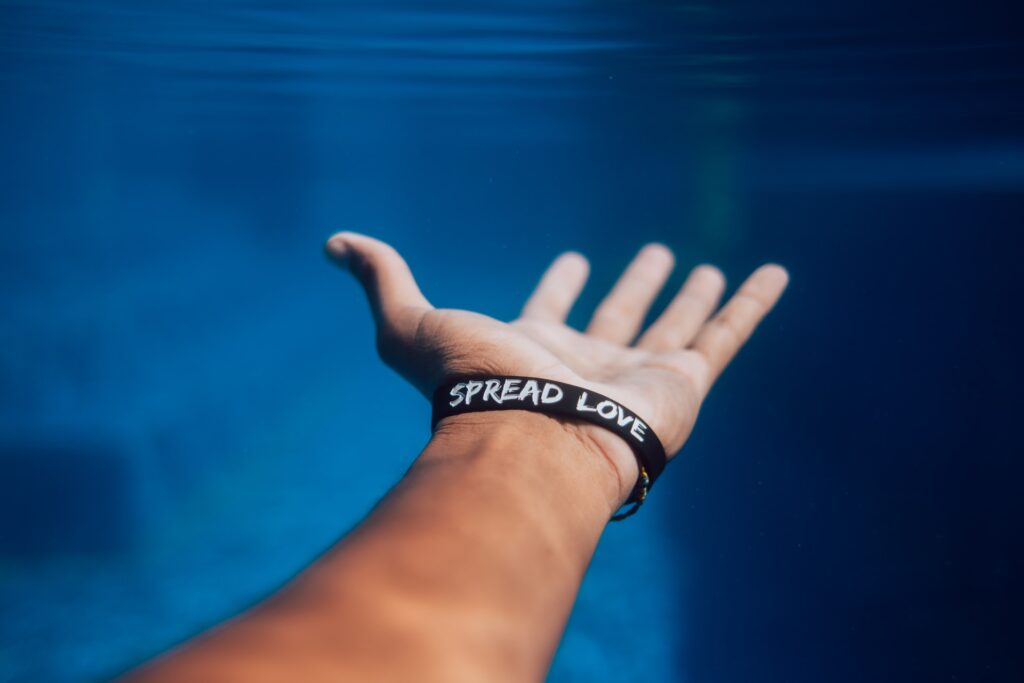
Body + Mind is reader-supported. We may earn an affiliate commission when you buy through some of the links on our site.
Empaths have “compassion” written in their DNA, but are compassionate people always empathetic? You might be surprised to learn there’s a difference between empathy and compassion.
Let’s explore the definitions of empathy and compassion, why developing compassion is more important, and how to set boundaries to nurture your inner empath.
Empathy and compassion sound like the same concept. However, despite overlapping in some ways, the two terms are rather distinct. The following definitions best describe their differences.
Empathy is an awareness of other people’s emotions and experiences. Some empaths can slip into another person’s exact sensations, internalizing everything they are going through, such as grief, anxiety, and depression. Others get physically ill from shared emotions and become overwhelmed by stimuli.
Empaths have a knack for picking up on social cues, gestures, and expressions. They might notice someone’s face become distorted or see a sudden change in body language.
It’s not uncommon for empathetic people to also be highly sensitive. According to Dr. Elaine Aron, only 20% of the global population fits this category, responding to their environment with greater sensitivity — such as light, sound, crowds, art, emotions or touch.

A compassionate person also acknowledges a person’s emotional experiences and suffering but is less inclined to put themselves directly in their shoes. They have a better grasp on suffering as a universal feeling and may empathize — as in relating — to another person’s experience. However, compassionate people are more likely to take action and help someone.
There is a popular example of empathy and compassion that starts with you falling into a hole. An empathetic person will come along, jump in the hole, feel your pain, and find themselves stuck with you. Conversely, a compassionate person will instead imagine how terrible or frightened you feel and find a rope to pull you out.
Compassion may differ from empathy in many ways, but both are crucial for strengthening interpersonal relationships.
Yes, you can demonstrate compassion without tapping into empathy. Likewise, empaths should practice stopping at compassion before entering their innate empathetic state. There are several reasons to act compassionately instead of empathically, including the following:
Empathy and compassion can both be taught — however, empathy tends to be more innate. People often find compassion is much easier to learn and is supported as a crucial leadership trait worldwide. You can learn to approach a situation with kindness through mindfulness exercises, reflection, and self-awareness.

Empathy is a rare and wonderful trait to behold — but you must recognize when your innate love and compassion toward others is taking over your ability to function and differentiate your feelings. If you are an empathetic person, setting boundaries is crucial. Here are five gentle and loving ways to set boundaries with those around you.
Empaths not only feel another’s feelings — they often have trouble differentiating their emotions from someone else’s. Likewise, they are expert listeners for others but rarely hear or anticipate their own needs. By default, empaths show up for everyone but themselves first.
Understanding your limitations and needs is important before creating new ground rules for everyone in your life. Many have an easier time saying “no” when they can fathom why they must set boundaries in the first place.
Spend some time reflecting on different situations that arise. How do you respond? Do your actions go against how you feel? Consider what would make you feel better or mentally stronger in those circumstances.
If you’re an empath, your first instinct is probably to say “yes” to a request before hearing or thinking about it. And why wouldn’t you? Empaths couldn’t imagine not helping in a situation, especially since the person might make the matter seem more urgent than it is.
Pausing before blurting out “yes” might take some practice, but it will allow you to digest what is being asked of you, allowing you time to decide whether or not you are capable of committing. You can tell them you must look at your calendar or will let them know the following day.
If you’ve committed to other things or know you currently lack the emotional and mental capacity to show up, you need to learn to be okay with it — and so do they.
Like pausing before saying “yes,” saying “no” is not typically in an empath’s nature — or anyone else’s. University of Houston professor Vanessa Patrick points out that people worry about ruining relationships or harming their reputations when turning someone down. Saying no might result in pushback, which could feel like being backed into a corner.
Empaths will want to lend a hand even if they aren’t up for it. However, you should always take care of your needs first. If you know you’re not up for helping someone, saying no is okay.
Of course, this is an excellent way to measure the quality of your connections. If you’ve never set boundaries, people might have difficulty getting used to them. But you should re-evaluate your relationship if they can’t take no for an answer, make you feel guilty, or act as if your boundaries don’t apply to them.

Empaths are hardwired to absorb other people’s emotions and experiences, regardless of the situation. This is why staying grounded and protecting your energy is important.
If you notice yourself matching your feelings to someone else’s, take deep breaths and try mindfulness activities. Consider what it is you’re feeling as an individual as opposed to another person.
If you need to, walk away from whatever circumstances are dragging you down — this may mean saying you need a breather or going for a walk by yourself. Then, nurture your energy and check in with yourself before returning to the person or situation.
As you learn to exude compassion over empathy, remember to show yourself compassion, too. Caring for your needs as an empathetic person is crucial to your well-being. Take time to do relaxing activities you enjoy, whether gardening, painting, writing, or reading.
Booking a massage appointment, spending time in nature, or another sensory experience will enable you to channel your energy elsewhere.
It’s essential not to put yourself on the back burner when caring for others. If you’re feeling overwhelmed in your empathic state, be sure to do something for you.
Empaths are a rare and beautiful part of the global population. However, the ability to demonstrate compassion toward others is the real gift. Show people love and kindness — from a distance — and protect your empathetic energy.
Your email address will only be used to send you our newsletter, and at any time you may unsubscribe. For more information, see our Privacy Policy.